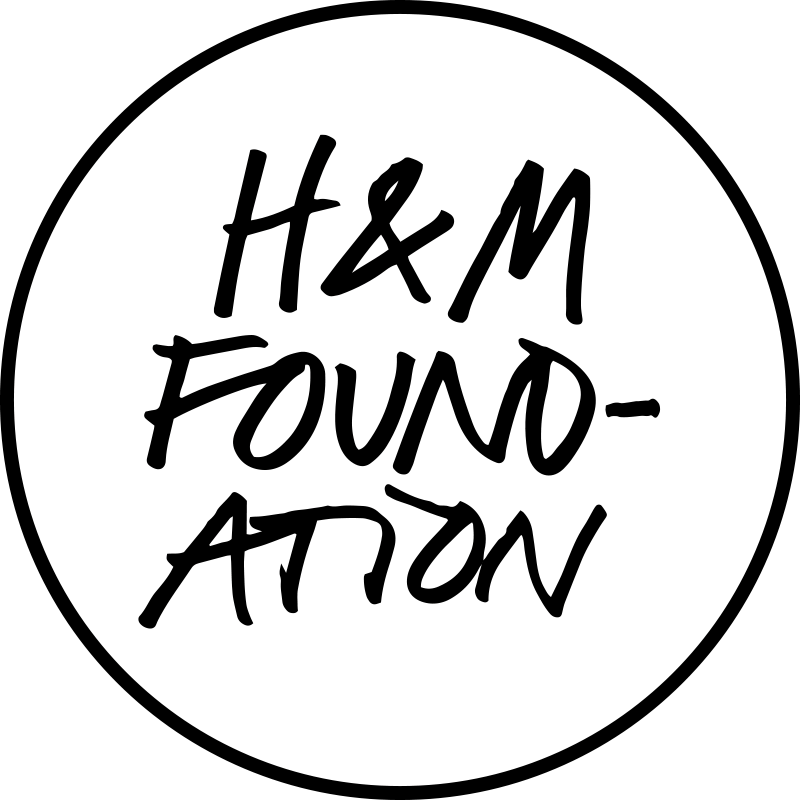Cause Area
Primary Sectors
Secondary Sectors
Geographies Served
Programs
-
Absorboost - cellulose powder improving cotton quality
This project stems from the highly successful Green Machine, originally developed in 2018 through a collaboration between HKRITA and H&M Foundation. The Green Machine is renowned for producing cellulose powder that is both environmentally clean and free from harmful toxins. At present, H&M Foundation is directing its efforts toward two key applications for this remarkable powder: the creation of new garments and the enhancement of cotton farming practices.
The foundation has discovered an unexpected, yet fortunate, benefit of the powder's superabsorbent properties, which could be of significant interest for agricultural purposes.In India, where a significant portion of cotton production involves small-scale farmers, collaborative pilots with Shahi, a major apparel manufacturer, are being conducted to evaluate the cellulose powder's impact on cotton farming. Mixing this powder into the soil enhances water absorption, leading to healthier plants and improved cotton fiber quality.
-
Using innovative tech to bring clean water and sanitation
The project aimed to test pioneering technology for comprehensive faecal sludge management, encompassing the entire cycle from toilets to waste disposal, bio-gas and compost production, energy generation, and clean water technology. The project is targeted on underserved communities in Odisha state, specifically the town of Choudwar, which had approximately 50,000 residents and lacked a sewage system. The town suffered from waterborne diseases due to faecal contamination, as sludge waste from septic tanks was often discharged into public drains and nearby water bodies. The project utilized innovative technology to address the sanitation crisis. Human waste was converted into bio-gas and fertilizer, wastewater was collected and treated, and roof-based rainwater harvesting and filtration systems were implemented to provide clean water.
-
Saamuhika Shakti
In 2020, H&M Foundation launched Saamuhika Shakti, a pioneering initiative in India with the aim of elevating waste pickers from the margins of society to integral and acknowledged members. To ensure its success, the foundation engaged the waste picker community from the project's inception, enabling them to delineate various areas of intervention in its comprehensive approach. It adopted the Collective Impact method, uniting diverse partners from different sectors, each contributing their expertise to collaborative efforts aimed at common objectives
Ten local partners are now closely collaborating to support the waste picker community in a variety of areas identified by the waste pickers themselves. These areas include ensuring safe working conditions, facilitating access to social services and quality education, improving water and sanitation, enhancing skills and employment opportunities, innovating in waste management practices, and shifting perceptions about waste pickers. -
Wearable plastic
The plastic gathered by waste pickers has gained value within the garment industry. Waste pickers sell the plastic waste they collect from the streets of Bengaluru to Hasiru Dala Innovations, a social enterprise that holds the distinguished "Guaranteed Member Status" from the World Fair Trade Organization. Hasiru Dala Innovations supplies this regenerated plastic to manufacturers who transform it into buttons. These buttons are purchased by the H&M Group and incorporated into clothing sold across the globe. This arrangement generates economic advantages for Bengaluru's waste pickers and brings them closer to the formal employment sector.
With this breakthrough, waste pickers have the potential to evolve into key participants within a global circular system. They contribute to the environmental well-being of our planet, elevate themselves out of poverty, and receive the recognition they genuinely deserve as change-makers. -
Techtonic – Innovations in Circular Economy
With "Techtonic – Innovations in Circular Economy," the foundation aims to identify innovators based in India who can seamlessly incorporate informal waste pickers into the circular economy. Simultaneously, these innovators will establish stable employment prospects for these individuals, while enhancing waste management and processing in cities such as Bengaluru, Vijayanagar, and Dolvi. This initiative is an integral component of the foundation’s comprehensive program, Saamuhika Shakti, in which eight diverse partners collaboratively operate through a collective impact framework. Together, they are dedicated to enhancing the overall well-being of this highly marginalized group.
Demographics & Structure
-
Organisation Strength
None
Registration Details
-
CSR Form 1
Not Available
-
FCRA
Not Available
About
-
Since
2013
Impact
The foundation has supported over 46 innovations with grants totaling 8 million euros through its Global Change Award program since 2015. It has also reached hundreds of thousands of people globally through programs focused on education, clean water, and women's economic empowerment.
Vision and Mission
The vision is to enable a socially inclusive and planet positive textile industry. The mission is to support the industry in halving its greenhouse gas emissions every decade by 2050, while promoting a just and fair transition for both people and planet.
Political & Religious Declarations
-
Political Affiliation
-
Religious Affiliation
Other Details
-
Type
Non-profit
-
Sub Type
Society
Website
Technology Adoption
-
SOC 2 Compliant
No
-
Financial Management
-
Beneficiary Management

